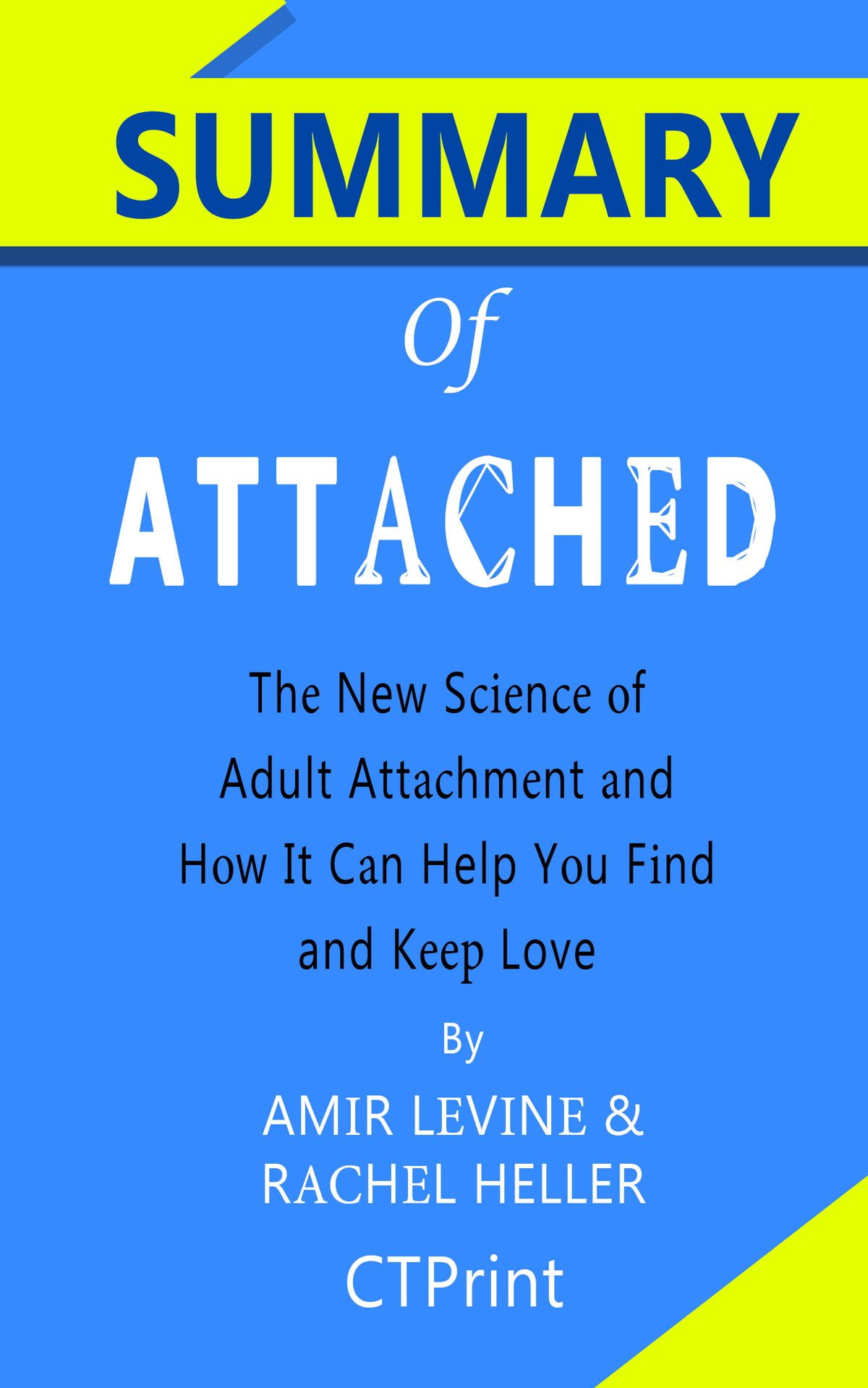
Dependency is a fact of nature, and pop psychology’s attempts to minimize this do more harm than good. More significantly, codependency forgets our basic biology. But the basic dynamic has been extrapolated beyond the realm of addiction to cover any kind of relational dysfunction, and suggests that if you’re swayed or shaken at all in your relationships, there’s something wrong and you need to “keep working on you.” In this context, it has been incredibly useful. What most people don’t remember is that codependency theory was originally formulated to help people who are friends or families of addicts. What inevitably becomes the worst-case scenario according to codependency is “needing” someone else. The solution is to become more differentiated by setting better boundaries, learning to say “no,” and focusing on yourself.

This person, according to codependency theory, has failed to create healthy boundaries that differentiate himself or herself from the personhood of another.

If a person is dependent upon someone else for a sense of stability and well-being, he or she might be too enmeshed in that relationship. The theory goes something like this: A person’s happiness should not be dependent on an external source. Codependency is one of the most discussed ideas among self-help writers and pop psychologists.


 0 kommentar(er)
0 kommentar(er)
